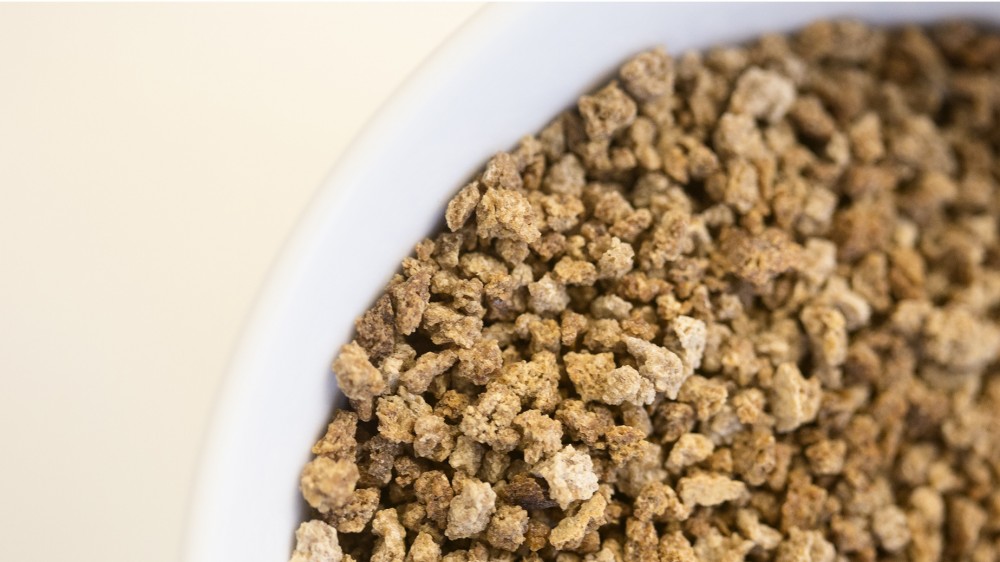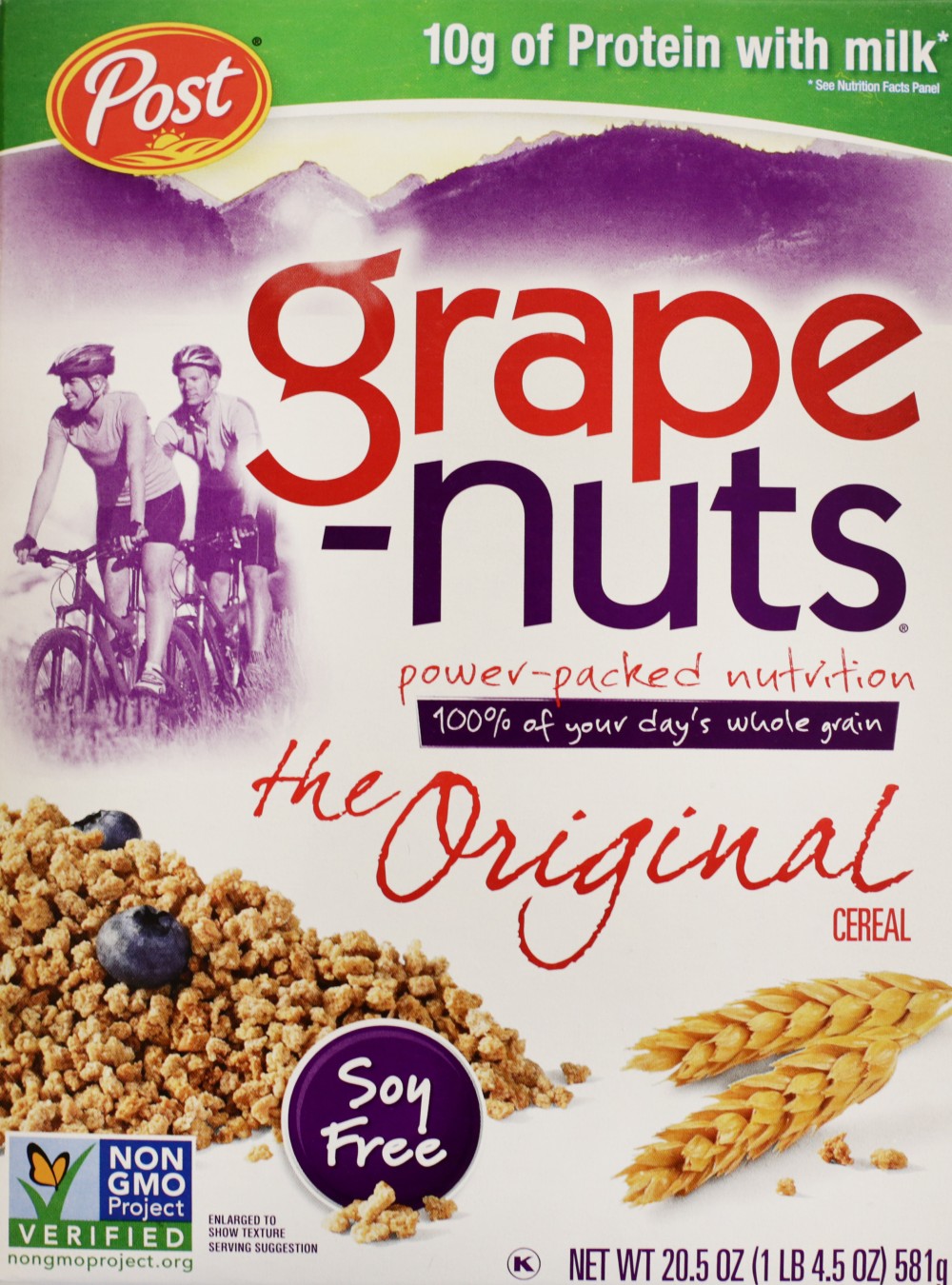
by Dan Charles, The Salt at NPR Food (12/5/14)
Remember when Cheerios and Grape-Nuts went GMO-free? That was about a year ago, when their corporate creators announced that these products would no longer contain ingredients made from genetically modified organisms like common types of corn, soybeans or sugar beets.
When they actually arrived on supermarket shelves, though, there was a mysterious change in their list of ingredients. Four vitamins that previously had been added to Grape-Nuts — Vitamins A, D, B-12 and B-2 (also known as riboflavin) — were gone. Riboflavin vanished from Cheerios.
Wayne Parrott, a professor of crop science at the University of Georgia and defender of GMOs, was among the first to point out the change. He criticized General Mills and Post Foods for marketing their non-GMO cereals as especially wholesome. "The new version [of Cheerios] is certainly less nutritious," he told a reporter for Foodnavigator-usa.com, which covers the food industry.

This mini-controversy never got much attention. Recently, though, as we interviewed scientists who are using genetically altered yeast and bacteria to make nutrients and flavors, we recalled the strange case of the vanishing vitamins. We wondered: Do GMO microbes make vitamins, too? Is that why they can't be used in non-GMO cereals?